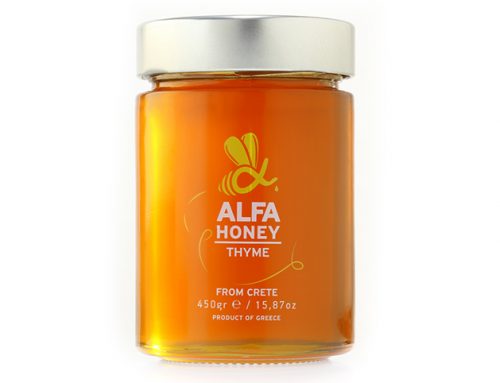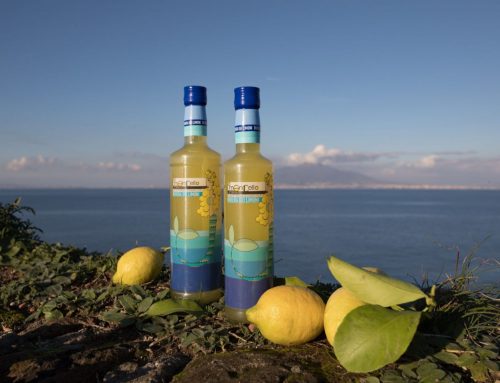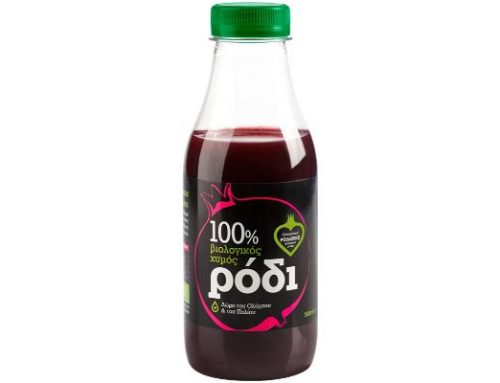Drastic changes have taken place in the wine world over the last few decades. Family companies with reputations and legacies to preserve seem to fare better than corporate-run estates. The wine business has gone global thanks to the internet, and a new world has opened up for wine drinkers and makers, be it rich and famous or not. Up until recently small producers were just content to be wine farmers and their sphere of reference was very local.
Wine, as a product, has become both more readily available and elitist. We have never been so well informed about it nor has it been so easily accessible. On the other hand, great wines, produced in small quantities by local winemakers, have become luxury products and now command stratospheric prices.
Strong motives
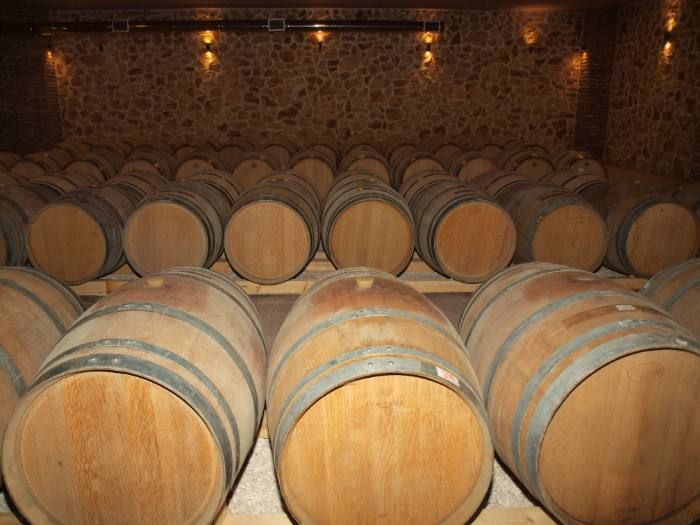
Storage Warehouse
The gap between “blue chip” wines -purchased as an investment, status symbol or for pure drinking pleasure- and the average wine for everyday drinking can be measured at hundreds or thousands of euros/dollars/etc. There is more motivation to succeed in the wine business today, and where a couple of generations ago wine producers’ children were heading for the cities to pursue a different career path, it is with pride that today’s generations take on their parents’ mantles.
But, what exactly makes a family-run winery more trustworthy? The person behind the label is as important as the taste of the wine, and when that person comes from a family tradition rooted in a vineyard, there is a more emotional involvement. That person is an integral part of the terroir that makes a vineyard special.
Family tradition
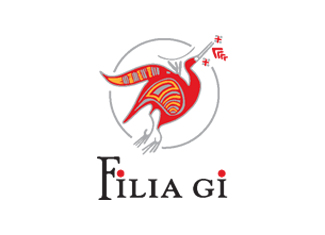
One such story comes from the foot of mount Agrafa in central Greece near the banks of the ancient river Kouraliou, named Sofaditis today, where the village Filia lies. In the outskirts of this village, the “Vines” area, families have been cultivating their small vineyards for hundreds of years.
However, for some decades now, farmers either left the village or turned to different and more lucrative crops, leaving vineyards abandoned. Yet not all farmers followed that road. Constantine Xanas kept on with viniculture, because as he used to say “the vineyard is a treasure”. That love for wine-making was passed down to his son, Vaios Xanas, who had been taught early on about the “art of vinification”.
What started in the early 1990s as the “amateurish” attempt of a few friends with passion for good wine to revive the abandoned “Vines” area, resulted in the establishment of “Filia Gi”, “Friendly Land” in Greek, in 2014. Less than five years later the company’s wines have already reached foreign markets, especially Germany and the US.

